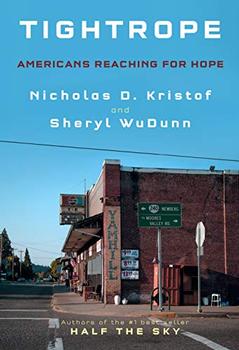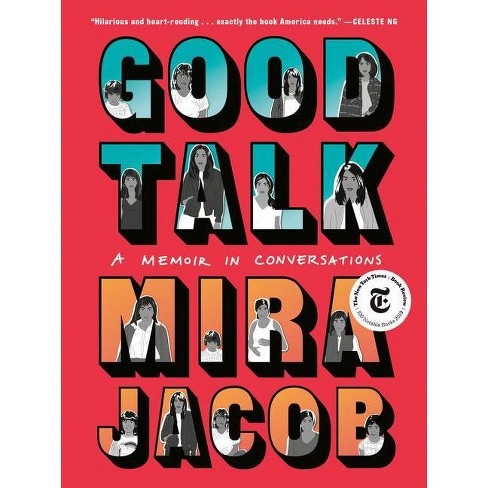
Social failure and personal responsibility factor into poverty. Yes, we need greater investment in social services to edify society. Somehow, the individual must place priority on something substantial. On page 226, Kristof notes that Emmanuel Laster's family in Pine Bluff, Arkansas, has "three televisions, a pit bull, no food, much chaos." I don't understand that logic. The mother, Christine, discloses: "Mean critter. He's expensive to feed, but he keeps the utility people away, so that they don't cut off our power." Where does she find the funds to feed a dog if she cannot pay the utilities or provide for herself and her son? If Christine chooses to use her money to pay for pet upkeep and electronics, she could have redirected those funds into helping her household. Christine appears illiterate: "she hasn't had much schooling and had difficulty writing her name for us (226)." The Lasters could prosper but fail to secure provisions. Annette Dove, a leader of community outreach, alerts Emmanuel and Christine of an upcoming trip to Florida. On the day of departure, he arrives with $0.35 and outgrown shoes. At the end of their segment, Emmanuel stands on a worrisome path of bad associations.
On the gleaming note, a Nigerian immigrant named Tami Adewumi lived in a homeless shelter in New York City. He was exposed to chess through a part-time teacher who "encouraged the boy to sign up for the school's chess club (126)." His parents and his older brother supported his endeavours in addition to pursuing their goals. Tani became the state champion of chess in his age group. Tani and Emmanuel are both black but Tani had a wider support system. Annette Dove extended herself to Emmanuel but his mother needed rehabilitation and employment.
Kristof places more blame on the system. True, we need a higher quality of social services but personal responsibility stands stronger. Many of these people collapsed due to poor decision making. A worthwhile read.
rating: 4 out of 5 stars

